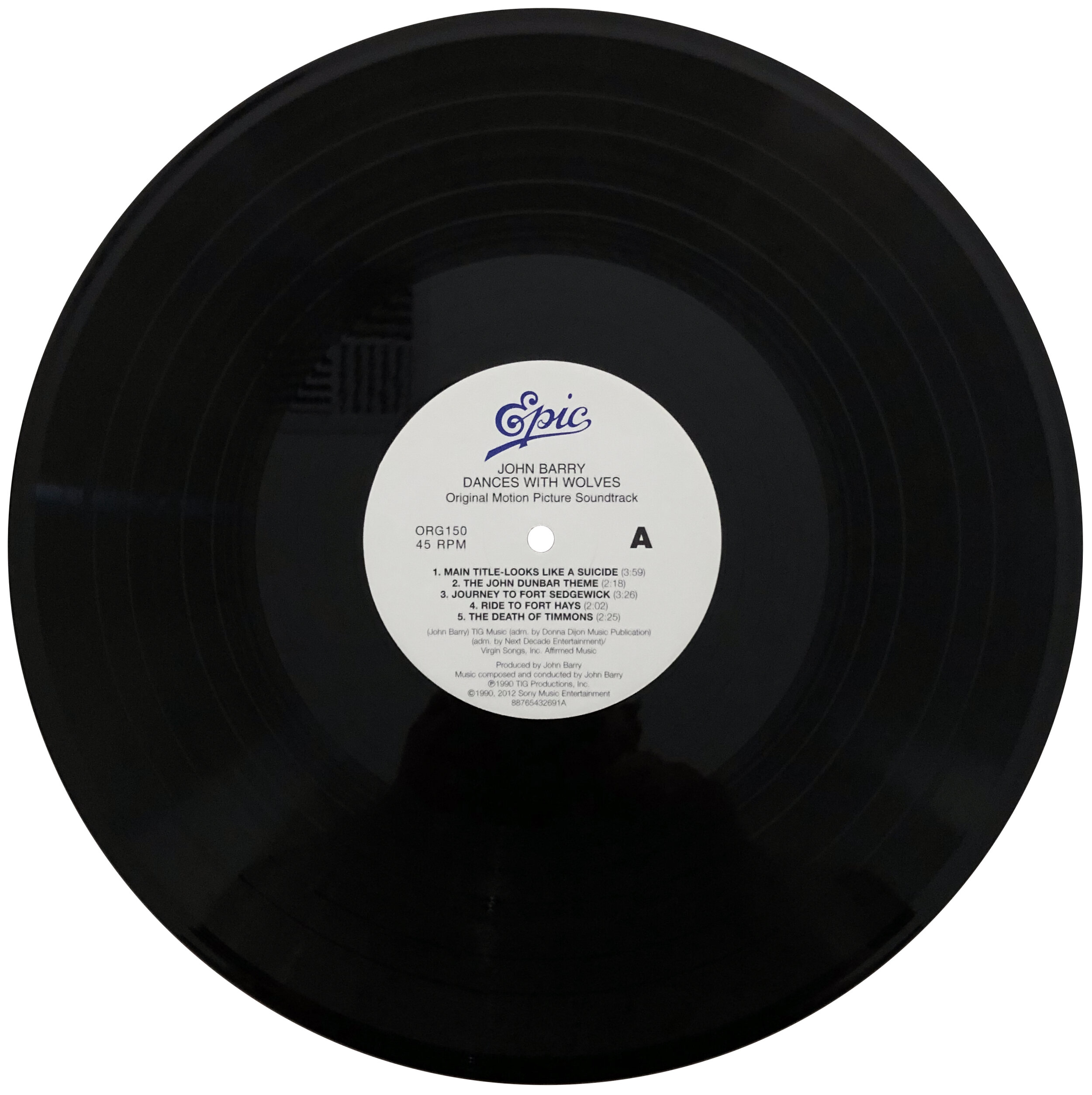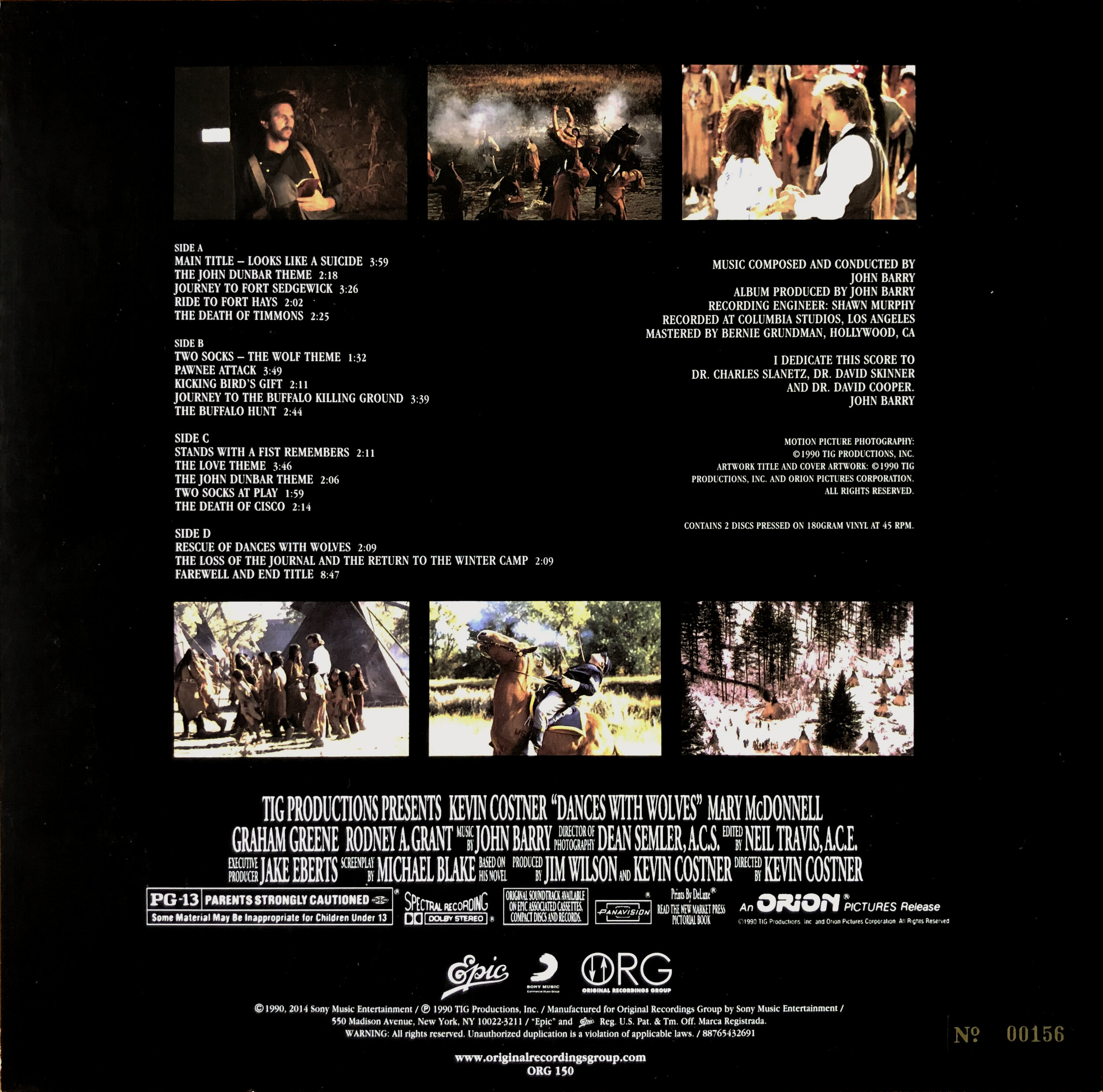Released in 1978, Gerry Rafferty’s second solo studio album, City To City, is a classic release that showcases the singer-songwriter's distinctive vocal and skillful songwriting. With a perfect blend of pop, rock, and folk, City To City is not only a timeless record but is amongst the best of Rafferty’s career.
Sonically, the lossless Apple Music stream is thoroughly enjoyable but does it require a remaster? I don’t feel it does as every musical element is beautifully represented and heard within the soundstage. The simple fact is that there aren’t any glaring issues. Yes, a little more focus on the mid to low end of the spectrum would be nice, but adding a little bass to your EQ settings fixes that dilemma.
That all said, a vinyl reissue, released in February 2023, is getting rave reviews. Given the mastering quality that is normally forthcoming from Miles Showell and Abbey Road Studios, I feel compelled to order a copy, particularly considering the exceptional artwork demands the larger canvas that only vinyl can accommodate. My only hesitation is that it is pressed across three sides with the fourth being an etched design. This isn’t uncommon for Showell's half-speed master releases, as he aims for the highest sonic quality, but given the original edition was pressed to a single LP, it would have been nice had this been replicated as flipping record sides does get a little tiresome, regardless of the sonic benefits.
Additionally, given I thoroughly enjoy the lossless Apple Music Stream, sometimes it’s important to be satisfied with the version we currently have access to, particularly if we find it pleasurable, rather than constantly looking for a better version that may or may not appeal to us.
The Ark opens the album with a beautiful mellow folk tune that builds into a slow soft rock number before returning to its roots. It’s magnificent, with a dreamy chorus, and sets the tone for the entire album.
Baker Street is the most well-known song from City To City and Rafferty’s career. That distinctive saxophone solo, courtesy of Raphael Ravenscroft, is where the magic truly happens for as exceptional as the song is, it wouldn’t be a landmark release if it had not been for that introductory solo that reappears throughout. Of course, that shouldn’t detract from the other aspects of the song, particularly the guitar solo, that are just as noteworthy. Ultimately, Baker Street is so perfect that it very well could be a textbook example of how to write and record music. Incredible!
Right Down The Line has a Clapton feel to it but besides that correlation, Right Down The Line is a great tune and one that, similarly to Barker Street, was well received upon release. The only disappointing element is that the fade-out comes in a little too early and is too brief. Some may not mind that, but I find that it detracts from an otherwise perfect tune.
While I’d love to hear Eric Clapton cover Right Down The Line, Bonnie Raitt’s version, from Slipstream, is a lovely modern interpretation; although the original is hard to beat.
City To City has corny components, particularly thanks to the use of the harmonica and other atmospheric elements such as the train-inspired sounds, but its arrangement is so thoroughly enjoyable that I can’t help but appreciate this title track.
Stealin’ Time slows down the album with a bluesy guitar riff accompanying Rafferty’s soulful vocals. It’s such an incredible tune and is a core reason why City To City, as an album, is essential for all music lovers.
Mattie's Rag has a Beatles’ influence and while some may lament that aspect, the Fab Four did forever change music and the subsequent complementary tip of the hat should be taken as a gesture of respect. That aside, Mattie's Rag is a fun little tune that works well with not only Rafferty’s style but within the context of the album itself.
Whatever’s Written In Your Heart is pure musical bliss. Rafferty’s vocal is magnificently performed and the harmonious backing vocal is the perfect addition to the mix; an otherwise simple composition that ensures the focus is on the song’s lyrical context. Whatever’s Written In Your Heart is another of those hidden gems that we love here at Subjective Sounds for it is music such as this that reminds us why we love the music we do.
Home And Dry is the perfect album track. It isn’t a standout and you’re unlikely to be drawn to it outside of the album structure, but it’s so good. It’s songs such as Home And Dry that require no fanfare but take an album from a collection of haphazardly collected songs to the coveted album experience.
Island is another solid album tune that’s simply lovely. As you may have already ascertained, sometimes that is all that’s needed for every song doesn’t need to be a hit.
Waiting For The Day is a high-energy bookend to City To City and I couldn’t imagine a better song from Rafferty’s catalogue to close the album with as it encourages repeat plays. While the uptempo styling is fantastic, it’s the slower elements throughout that ensure Waiting For The Day is memorable as it gives the senses a chance to breathe and appreciate the music.
From start to finish, City To City is flawless. While it’s Rafferty’s greatest musical achievement, it is also amongst the greatest albums released in the 70s and is, without doubt, one of the very best releases from 1978; an incredible year for music.





![Dances With Wolves – Original Motion Picture Soundtrack (Composer: John Barry) [Album Review]](https://images.squarespace-cdn.com/content/v1/565c1ab5e4b05079e4bfa169/1661212988423-661W7XFO6AN1X5TVBCUI/Dances+With+Wolves+Soundtrack+Cover.jpg)










